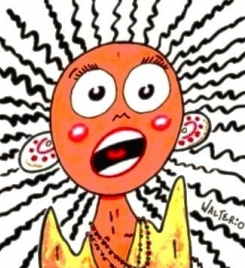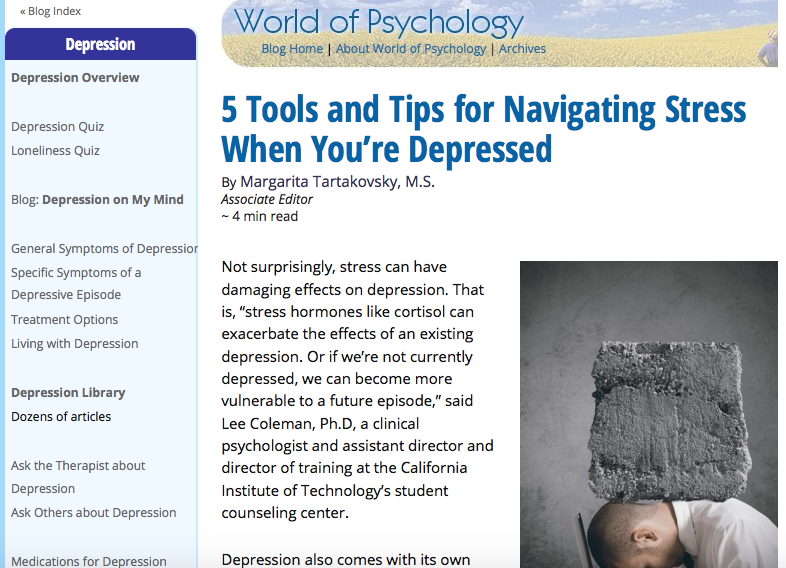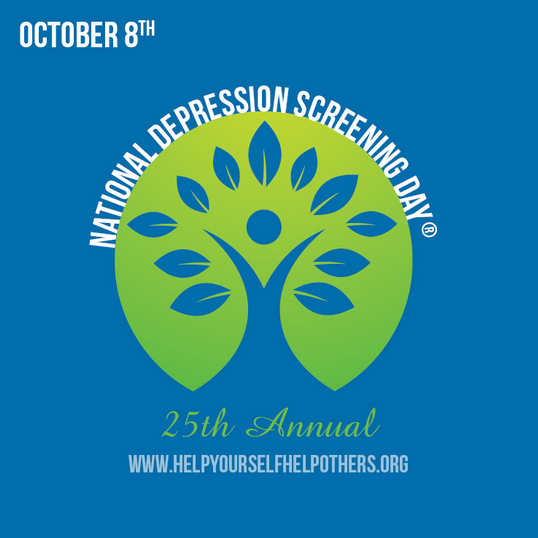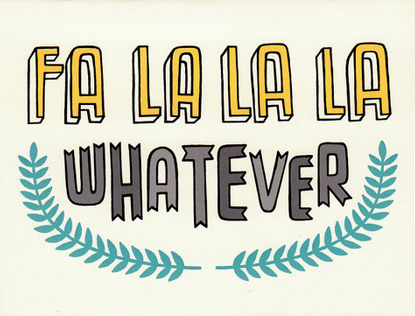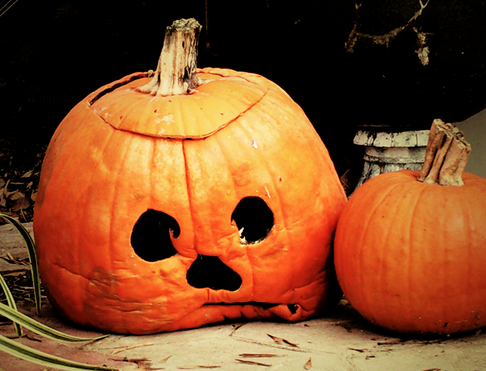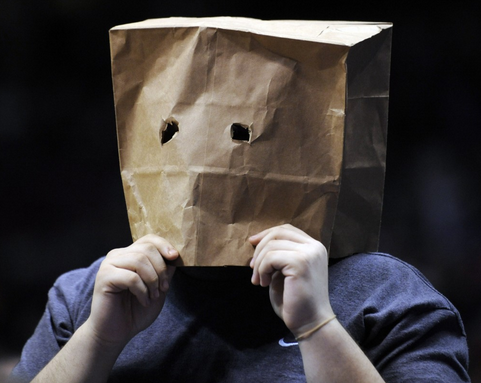
I really wish I knew how many people think about starting therapy, but don’t actually do it. Because my hunch is that it’s a whole heck of a lot.
We hear people talking about the stigma around mental illness and mental health treatment all the time, and honestly I think the one who suffers from this stigma is often ourselves. Here’s what stigma against mental health treatment looks like when we use it on ourselves:
- I should know how to fix this myself
- I am a __________ (insert title: therapist, physician, teacher, etc), I should know how to deal with this on my own!
- I am too smart to have anxiety (or depression)
- I don’t have anything to feel worried or depressed about
- I have good friends and a supportive family, I shouldn’t feel so bad
The fact is, public education about mental health has been so good in recent years, that most of us wouldn’t dream of saying any of the above statements to a friend, loved one, or stranger. We know mental illness isn’t:
- A choice
- A weakness
- A comment on one’s intelligence, place in the world or likeability
But yet some of us still say these unhelpful, untrue things to ourselves. Why? Because the stigma around mental illness still exists. It’s fading for sure, but it has a long way to go. So if you find that you are talking yourself OUT of getting mental health treatment, label those thoughts for what they are: junk. Then pick up the phone and do what you need to do to take care of yourself.
To find a psychologist near you, check out APA’s Psychologist Locator service. It’s a free, easy place to start.
